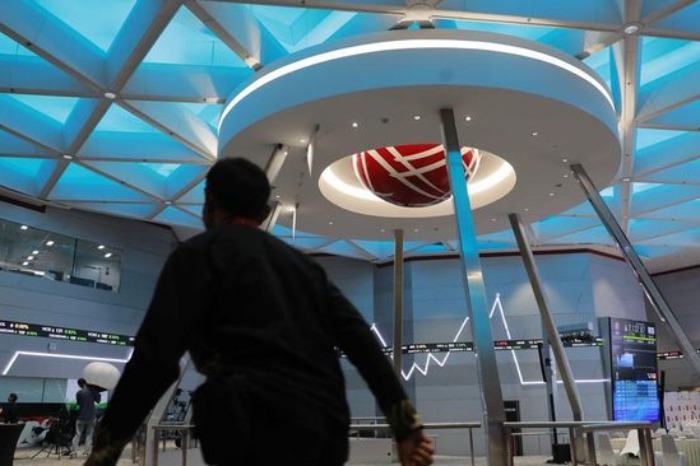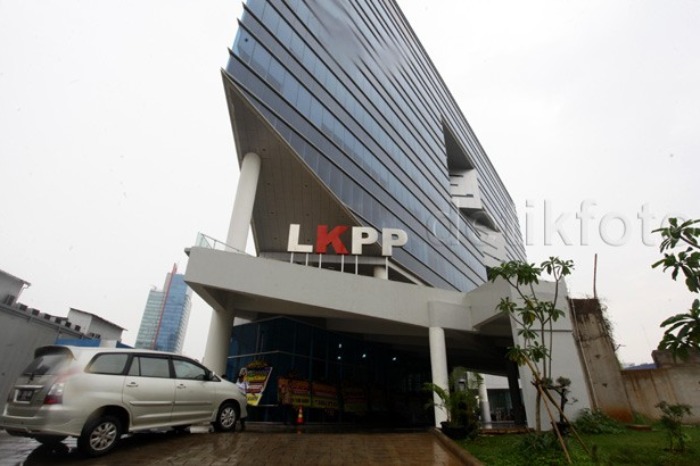
Jakarta – The Indonesian rupiah depreciated against the US dollar in early trading on Monday June 23 2025. It opened at Rp16430 and weakened further to Rp16455 by 0924 AM WIB according to Refinitiv.
The decline was triggered by global risk off sentiment following the United States’ attack on three Iranian nuclear facilities signaling official military involvement in the conflict with Iran.
Erwin Gunawan Hutapea Head of the Monetary Management and Securities Department at Bank Indonesia explained that this situation pushed investors to shift funds into safe haven assets like gold the US dollar and US Treasury bonds. As a result the US Dollar Index DXY strengthened by 037 percent and led to weakening of major currencies such as the euro pound and yen as well as regional currencies like the Korean won Malaysian ringgit and Philippine peso including the rupiah.
Erwin emphasized that Bank Indonesia will continue to stabilize the rupiah through interventions including NDF transactions in offshore markets spot and DNDF in the domestic market and secondary market purchases of government bonds SBN.
Meanwhile Permata Bank Chief Economist Josua Pardede noted that pressure on the rupiah is expected to increase. Since the initial attack in mid June the currency has weakened by about 09 percent or 150 points.
He pointed out that the rise in demand for the US dollar due to geopolitical tensions and surging global oil prices are the main drivers. Every US1 increase in Indonesia’s crude oil price ICP above the state budget assumption of US82 per barrel could add Rp7 trillion to the fiscal burden potentially widening the fiscal and current account deficits.
Josua forecasts the rupiah will trade under pressure in the range of Rp16350 to Rp16500 per US dollar if the geopolitical tension continues. The Jakarta Composite Index JCI is also likely to face short term volatility and downward pressure.
Indonesian authorities are advised to implement anticipatory measures including strengthening foreign exchange reserves through effective DHE policies cautious BI market interventions and responsive fiscal strategies to maintain domestic economic stability amid global uncertainty.













